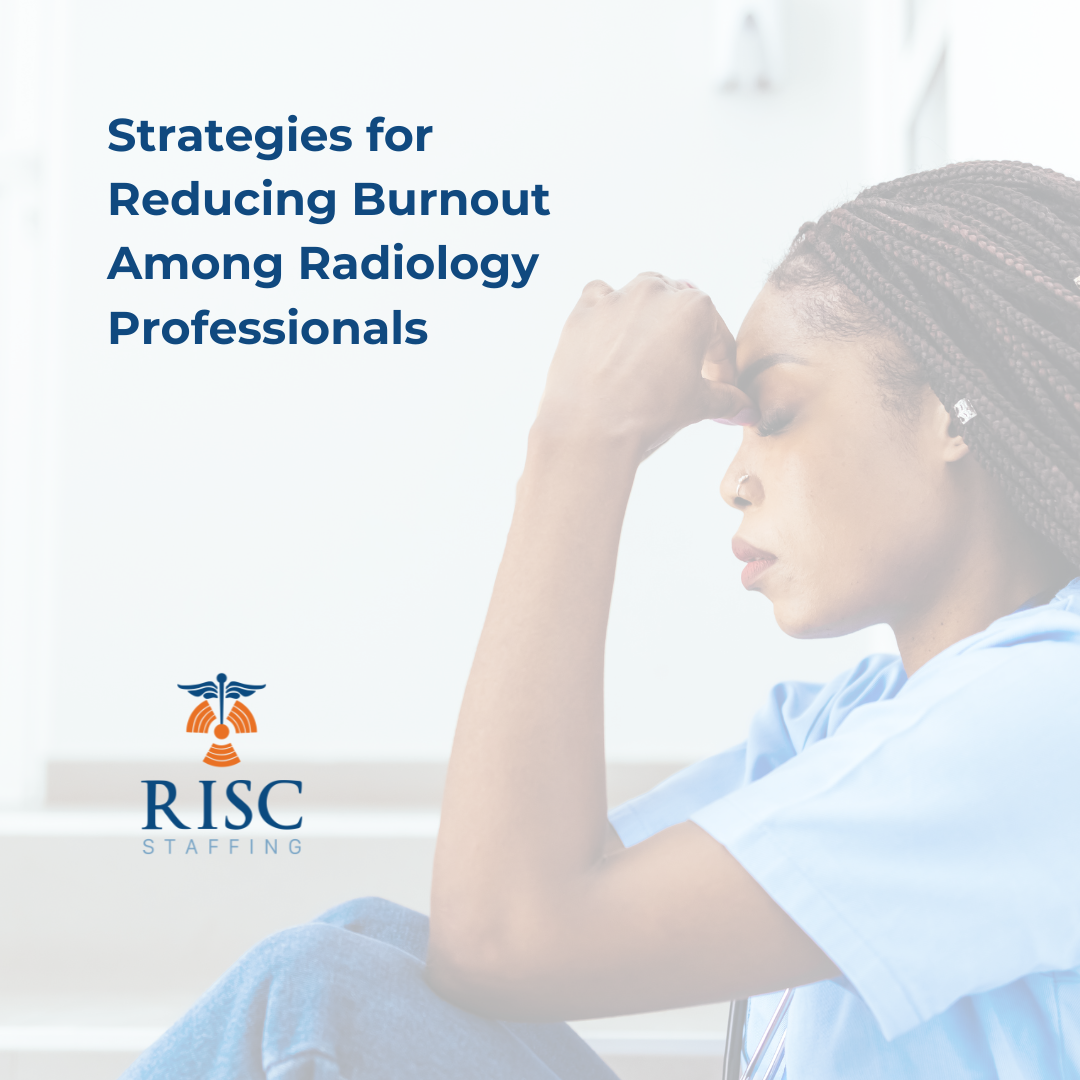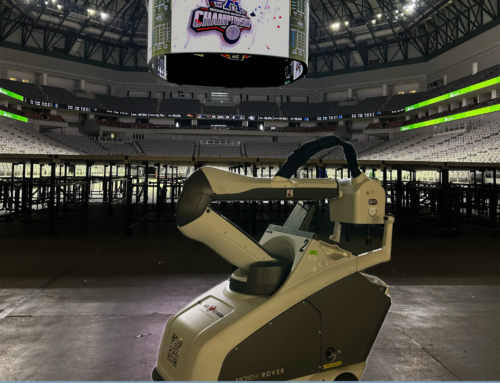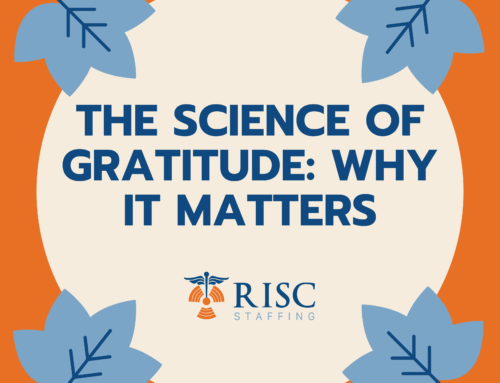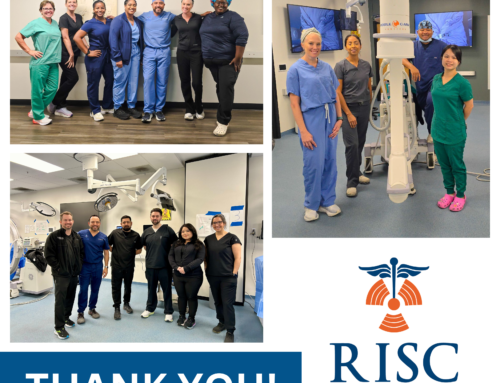Strategies for Reducing Burnout Among Radiology Professionals
Reducing Burnout
Burnout in healthcare professionals is a pressing issue that has gained increased attention in recent years, and radiology is no exception. The demands of the profession, coupled with the pressures of modern healthcare environments, have made burnout a significant concern for radiologists. As a staffing agency dedicated to the wellbeing of radiology professionals, addressing burnout is crucial not only for maintaining productivity but also for ensuring high-quality patient care. There are symptoms of burnout, effective strategies to combat it, and the vital role staffing agencies play in supporting their radiologists that we think everyone should know.
Identifying Burnout Symptoms
Burnout is a state of emotional, physical, and mental exhaustion caused by prolonged and excessive stress. It is particularly prevalent in high-stakes professions such as radiology, where professionals often face heavy workloads, complex cases, and high expectations.
Common Signs of Burnout Among Radiology Professionals
- Emotional Exhaustion: Radiologists may feel drained, emotionally overwhelmed, and unable to cope with the daily demands of their job. This exhaustion can manifest as irritability, sadness, or a sense of detachment from work.
- Depersonalization: A common symptom of burnout is a negative or detached attitude towards patients. Radiologists may start to view patients as mere cases or numbers rather than individuals, affecting the quality of patient care.
- Reduced Personal Accomplishment: Burnout often leads to a diminished sense of personal achievement and competence. Radiologists may feel ineffective, doubt their skills, and question the value of their work.
- Physical Symptoms: Chronic stress from burnout can result in physical health issues such as headaches, gastrointestinal problems, and sleep disturbances. These symptoms further exacerbate the feeling of burnout.
- Decreased Productivity: A noticeable decline in work performance, including slower decision-making and reduced attention to detail, can be indicative of burnout. This not only affects the radiologist’s work but can also impact patient outcomes.
The Impact of Burnout on Productivity and Patient Care
Burnout significantly affects productivity and patient care in several ways:
- Increased Error Rates: Fatigue and reduced focus can lead to a higher incidence of diagnostic errors, which can jeopardize patient safety and undermine the quality of care.
- Staff Turnover: Burnout often leads to higher staff turnover rates, which can disrupt the continuity of care and result in staffing shortages that put additional strain on remaining team members.
- Decreased Patient Satisfaction: When radiologists are burned out, their interactions with patients can become less empathetic and attentive, negatively impacting patient satisfaction and trust in the healthcare system.
Effective Strategies to Combat Burnout
Addressing burnout requires a multi-faceted approach, involving both individual and organizational strategies. Here are several effective strategies that can help reduce burnout among radiology professionals:
1. Implementing Flexible Work Schedules
One of the most effective ways to reduce burnout is to offer flexible work schedules. Allowing radiologists to have more control over their working hours can help them better manage their work-life balance.
- Flexible Hours: Providing options for adjusted start and end times can help radiologists accommodate personal commitments and reduce stress related to rigid schedules.
- Part-Time and Job Sharing: Offering part-time positions or job-sharing arrangements can alleviate the workload for radiologists, making their jobs more manageable and less overwhelming.
2. Promoting a Healthy Work-Life Balance
Encouraging a healthy work-life balance is essential for preventing burnout. Radiologists should be supported in their efforts to balance their professional and personal lives.
- Encouraging Time Off: Ensure that radiologists take their allotted vacation time and breaks to recharge and avoid burnout. Implement policies that support regular time off and discourage excessive overtime.
- Work-Life Balance Programs: Introduce programs that promote wellness and work-life balance, such as wellness workshops, fitness memberships, or mental health resources.
3. Mental Health Resources
Access to mental health resources is crucial for managing and preventing burnout. Radiologists should be aware of and encouraged to utilize support services.
- Counseling Services: Offer access to counseling services and mental health professionals who can provide support and guidance to radiologists dealing with stress and burnout.
- Employee Assistance Programs (EAPs): Implement EAPs that offer confidential support and resources for dealing with personal and professional issues, including stress management and mental health support.
4. Enhancing Professional Development
Opportunities for professional development can help radiologists feel more engaged and competent in their roles, which can counteract feelings of burnout.
- Training and Education: Provide ongoing training and education to keep radiologists updated on the latest advancements and best practices in the field. This can enhance their skills and boost their confidence.
- Career Advancement: Support career development by offering pathways for advancement and leadership roles. Having clear career progression options can increase job satisfaction and motivation.
5. Improving Work Environment and Culture
A positive work environment and organizational culture play a significant role in preventing burnout. Focus on creating a supportive and collaborative workplace.
- Team Building: Foster a sense of teamwork and collaboration through team-building activities and open communication channels. Encouraging a supportive work environment can reduce stress and improve job satisfaction.
- Recognition and Feedback: Regularly recognize and reward the hard work and achievements of radiologists. Providing constructive feedback and acknowledgment can enhance job satisfaction and morale.
The Role of Staffing Agencies
Staffing agencies have a critical role in addressing burnout and supporting radiology professionals. Here’s how staffing agencies can contribute:
Matching the Right Talent to the Right Job
- Understanding Needs: Staffing agencies should thoroughly understand the specific needs of their clients and candidates to ensure the best fit. Matching radiologists with roles that align with their skills and preferences can reduce job-related stress.
- Ensuring Workload Balance: Agencies should work with clients to balance workloads and avoid overburdening their staff. Proper staffing ensures that radiologists are not overwhelmed and can maintain a manageable workload.
Providing Support and Resources
- Offering Resources: Staffing agencies can provide resources and support services to their candidates, such as access to mental health resources, career counseling, and professional development opportunities.
- Monitoring Well-Being: Agencies should stay in regular contact with their placed radiologists to monitor their well-being and address any concerns they may have. Proactive support can help prevent burnout before it becomes a significant issue.
Overall,
Addressing burnout among radiology professionals is essential for maintaining high-quality patient care and ensuring the well-being of radiologists. By implementing strategies such as flexible work schedules, promoting work-life balance, providing access to mental health resources, enhancing professional development, and improving the work environment, healthcare organizations can effectively reduce burnout.
Staffing agencies play a crucial role in supporting radiologists and ensuring that they have the resources and support they need to thrive in their roles. By focusing on these strategies and prioritizing the well-being of radiology professionals, we can create a healthier and more productive work environment for everyone involved.






